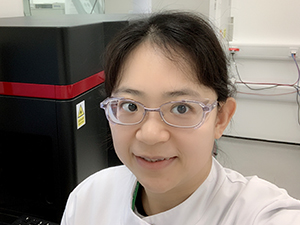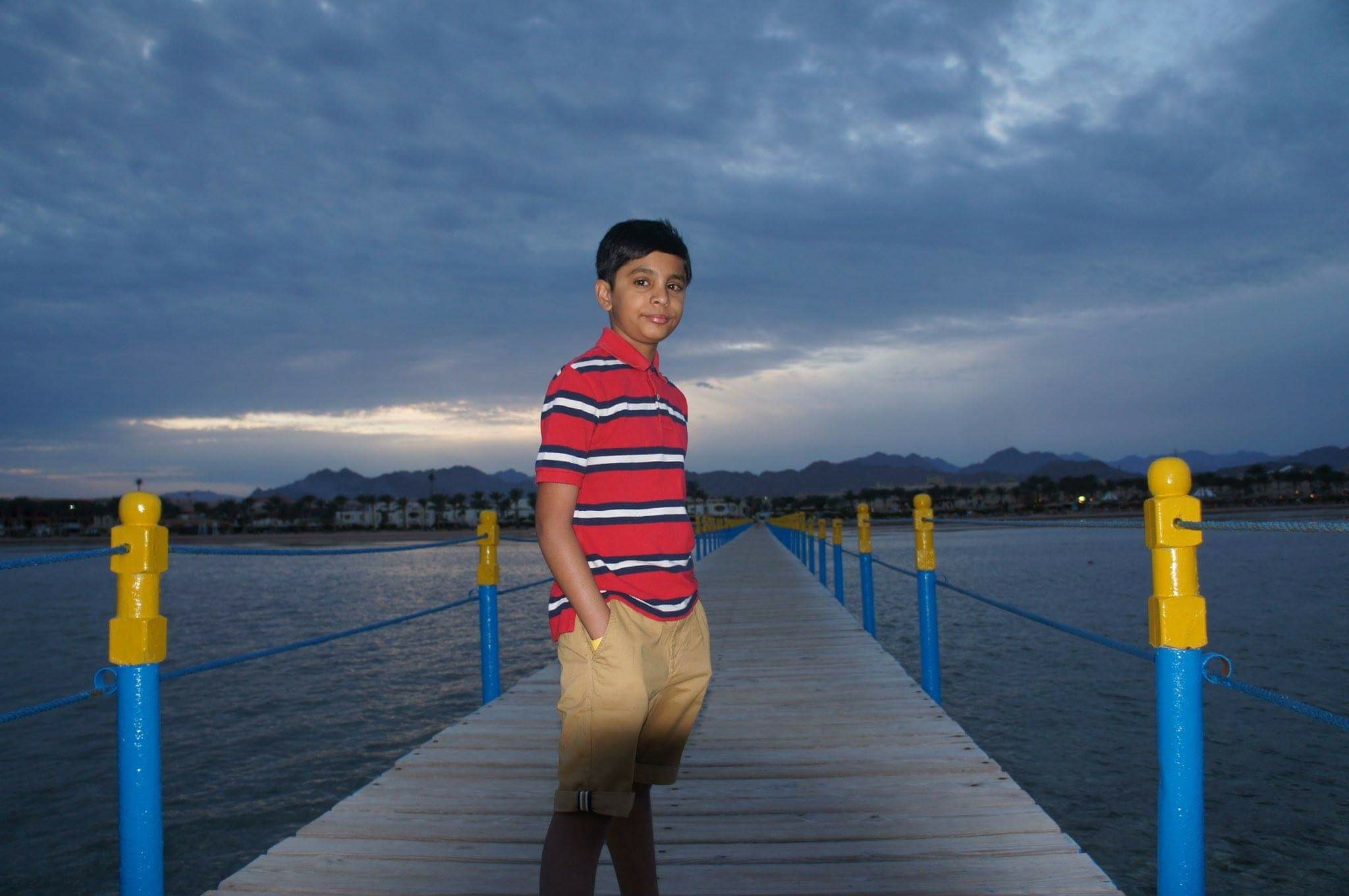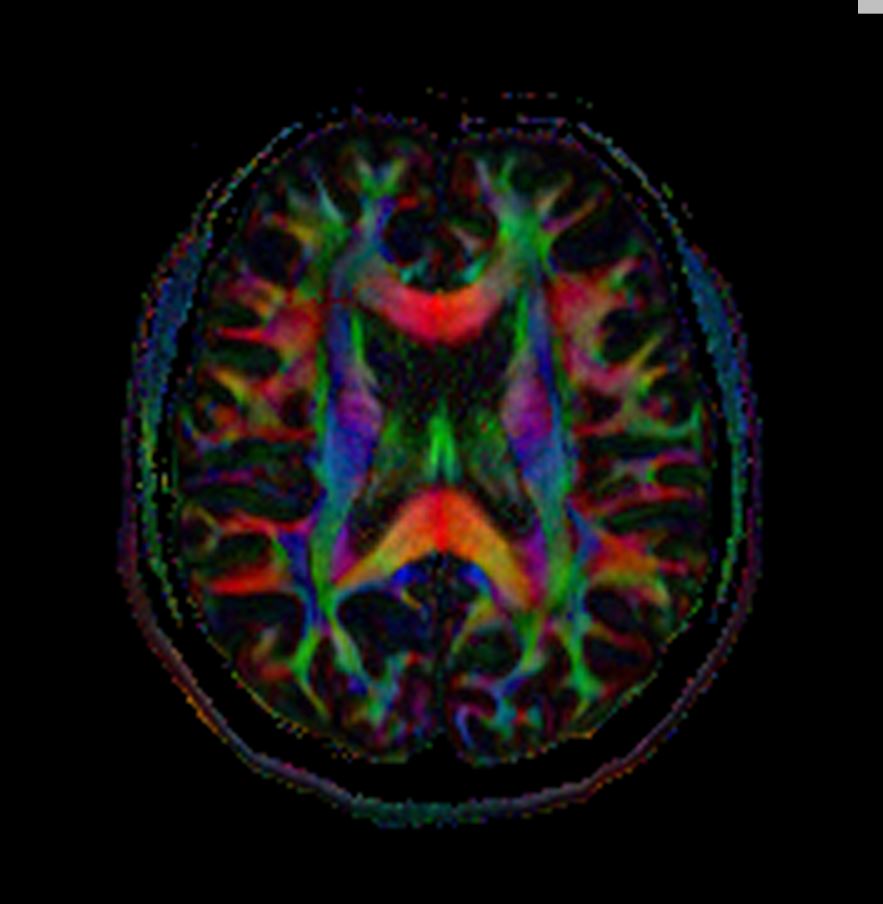Together with the patient charity Motor Neurone Disease (MND) Association, LifeArc co-sponsored an MND challenge within a four-day ‘hackathon’ event, which brought together a diverse group of scientists to help tackle key brain health challenges using data science and machine learning.
The ‘Neurohack 2022’ event was organised by the Deep Dementia Phenotyping (DEMON) Network, an international network specialising in the application of data science and artificial intelligence (AI) in dementia and other neurodegenerative diseases.
Those taking part worked together to tackle scientific challenges that could ultimately benefit people with neurodegenerative diseases:
- identifying genetic causes of dementia in people of South Asian ancestry (most studies so far have studied people with European ancestry)
- discovering new machine learning approaches for dementia diagnosis in the United States and India
- identifying genes that control motor neurone disease longevity that could be explored as potential drug targets.
The hackathon involved 110 people including computer scientists, data scientists, biologists, and clinicians from 27 countries across six continents. Those taking part attended virtual hubs in London and Los Angeles and spent four days building machine learning tools (which are used to analyse big datasets and find patterns), analysing clinical and genomic data and pitching practical solutions to address their specific challenge.
LifeArc senior scientist Dr Zhi Yao was involved in setting up the MND-focused challenge with the drug discovery and trial optimisation working group lead at the DEMON network.

“The hackathon meant we could collaborate with like-minded researchers devoted to discovering some of the causes of motor neurone disease (MND),” said Zhi.
“We also gained first-hand experience of cutting-edge data science driven approaches to help identify new drug targets, that could help to build new collaborations or help support our MND Translational Challenge.”
Following Neurohack, teams could apply for pilot grants of £10,000 provided by the Alan Turing Institute to further develop the most promising ideas.
“We are delighted to now be working with two of these teams to provide drug discovery and translational science advice to MND projects,” she added. “We are looking forward to seeing what these could achieve in the future.”


